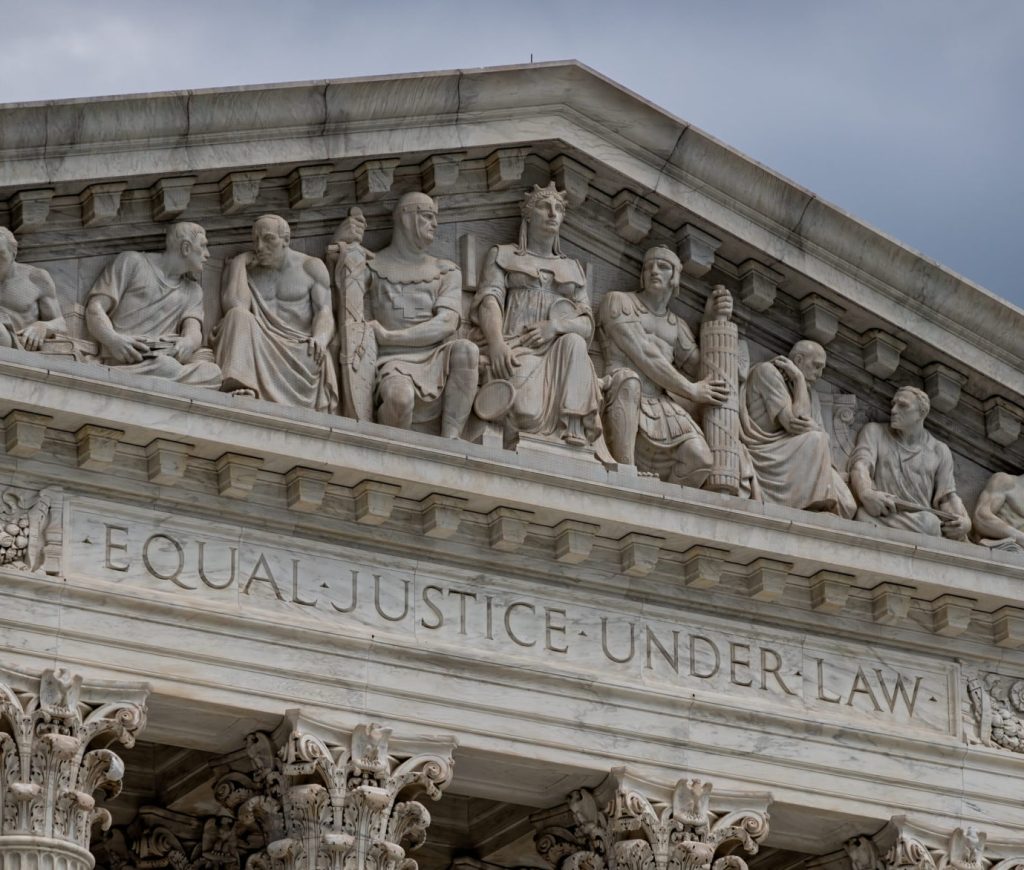Amicus Briefs
American Institute for International Steel Inc. v. U.S.
CASE SUMMARY
NCLA filed an amicus curiae brief in support of the American Institute for International Steel, Inc. AIIS filed a petition seeking a Writ of Certiorari from the U.S. Supreme Court in American Inst. for International Steel, Inc. v. U.S., claiming that a tariff law improperly divests legislative power from Congress to the President—NCLA agreed.
Five Supreme Court justices—including C.J. Roberts and JJ. Thomas, Alito, Gorsuch, and Kavanaugh—have expressed willingness to reconsider the Court’s standards for reviewing delegation doctrine claims. This case provided the perfect opportunity for the Court to consider abandoning its review standards for claims arising under the delegation-doctrine. The current test asks whether the challenged statute includes an “intelligible principle” to guide the Executive Branch.
NCLA argued that the intelligible-principle standard is way too lax, with the results that the constitutional provision barring delegation of legislative powers has become a dead letter.
On June 22, 2020, the U.S. Supreme Court denied the certiorari petition without explanation, thereby ending this constitutional challenge to the tariff legislation.

